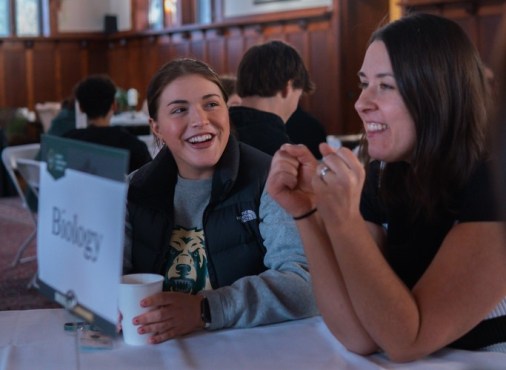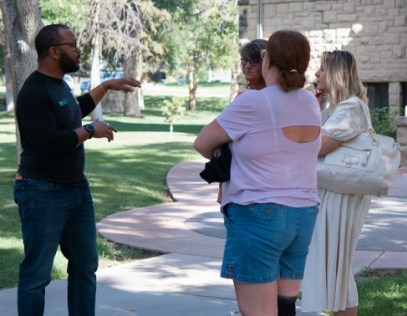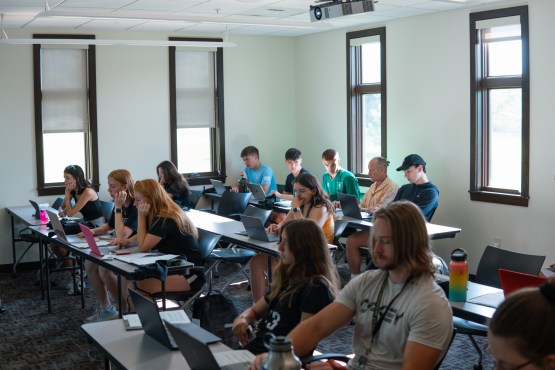Pba Ph
February 4, 2021 2025-09-29 16:52Discover the 3 Categories of Sports and How They Shape Athletic Training Methods

As a sports performance specialist who's spent over a decade working with athletes across different disciplines, I've always been fascinated by how training methods must adapt to the specific demands of each sport category. Just last week, I was analyzing the thrilling Ginebra game where they clinched a 91-87 victory, and it struck me how perfectly this match exemplified the unique characteristics of team sports and their training implications. The way those athletes moved, strategized, and executed under pressure wasn't just random brilliance - it was the product of highly specialized training methodologies tailored to their sport's classification.
When we break down sports into three fundamental categories - individual, team, and combat sports - we're not just creating arbitrary boxes. We're identifying fundamentally different physiological and psychological demands that dictate everything from an athlete's daily training regimen to their recovery protocols. Individual sports like swimming or track and field focus intensely on personal performance metrics and biomechanical efficiency. I've worked with national-level swimmers who spend 70% of their training time on technical refinement alone. Their heart rate zones, power output, and even sleep patterns are monitored with almost obsessive precision because when you're alone in that lane, there's nobody to cover for your shortcomings. The margin for error is terrifyingly small - sometimes just hundredths of seconds separating champions from participants.
Team sports operate on an entirely different wavelength, and that Ginebra game demonstrated this beautifully. Basketball isn't just about individual brilliance - it's about spatial awareness, tactical synchronization, and what I call "collective intuition." During that 91-87 showdown, what impressed me most wasn't any single spectacular play but how the team adjusted their defensive formations in real-time, anticipating movements rather than just reacting to them. This level of coordination comes from training methods that prioritize decision-making under fatigue, communication drills, and what we term "tactical periodization." Unlike individual sports where training can be precisely quantified, team sports require what I personally believe is at least 40% of training time dedicated to scenario-based exercises that develop game intelligence. The chemistry that won Ginebra that game wasn't accidental - it was baked into their training regimen through countless hours of practicing specific game situations.
Then we have combat sports, which exist in their own unique universe of physical and mental demands. Having trained with several professional fighters early in my career, I can tell you that nothing prepares you for the psychological intensity of facing another human being whose sole purpose is to dominate you physically. The training methods here blend extreme physical conditioning with technical precision and mental fortitude exercises. Fighters might spend 25 hours per week on sport-specific techniques, another 10 hours on strength and conditioning, and what often goes unnoticed - another 5 hours on visual reaction training and tactical analysis. The beauty of combat sports training lies in its holistic approach - you can't excel technically without the physical capacity to execute, and you can't utilize either without the mental toughness to persevere.
What many people miss about these categories is how they're not just academic distinctions - they shape everything from injury prevention strategies to career longevity. Individual sport athletes might have longer peak performance periods, often competing into their late 30s, while combat athletes typically face earlier retirement around 32-35 due to the cumulative impact. Team sport athletes sit somewhere in between, though basketball players specifically have been extending their careers remarkably through advanced recovery protocols. The financial implications are staggering too - team sport athletes tend to have more lucrative professional opportunities, with average salaries in major basketball leagues exceeding $5 million annually, while individual and combat sport athletes often rely more on endorsements and competition prizes.
Through my years in this field, I've developed a particular appreciation for team sports' complexity, though I recognize this might be my personal bias showing. There's something magical about watching individual excellence merge into collective achievement, much like we witnessed in that Ginebra victory. The final score of 91-87 doesn't just represent points - it represents countless training hours, strategic planning, and the beautiful chaos of human coordination. As training methodologies continue evolving with technology, these categorical distinctions might blur at the edges, but the fundamental principles will remain. Understanding these categories isn't just theoretical exercise - it's the foundation upon which champions are built, game after game, victory after victory.

Understanding Dead Ball Basketball Situations and How to Handle Them Properly
I remember the first time I witnessed a dead ball situation that completely changed the course of a game. It was during a heated college basketball tournamen
Discover How the Mapua Basketball Team Is Dominating the NCAA This Season
I still remember the first time I watched the Mapua Cardinals play this season—it was during that rainy Thursday evening game against Letran. The arena was p


Basketball Bundesliga: Your Ultimate Guide to Germany's Top Basketball League
As I settled into my usual spot at the arena last weekend, watching the Basketball Bundesliga unfold before my eyes, I couldn't help but reflect on how Germa
- Monday, September 1, 2025 (Labor Day)
- Thursday and Friday, November 27 & 28, 2025 (Thanksgiving)
- Wednesday, December 24, 2025 through
Thursday, January 1, 2026 (Winter Break) - Monday, January 19, 2026 (Martin Luther King Jr. Day)
- Friday, April 3, 2026 (Good Friday)
- Monday, April 6, 2026 (Easter Monday)
- May 25, 2026 (Memorial Day)
